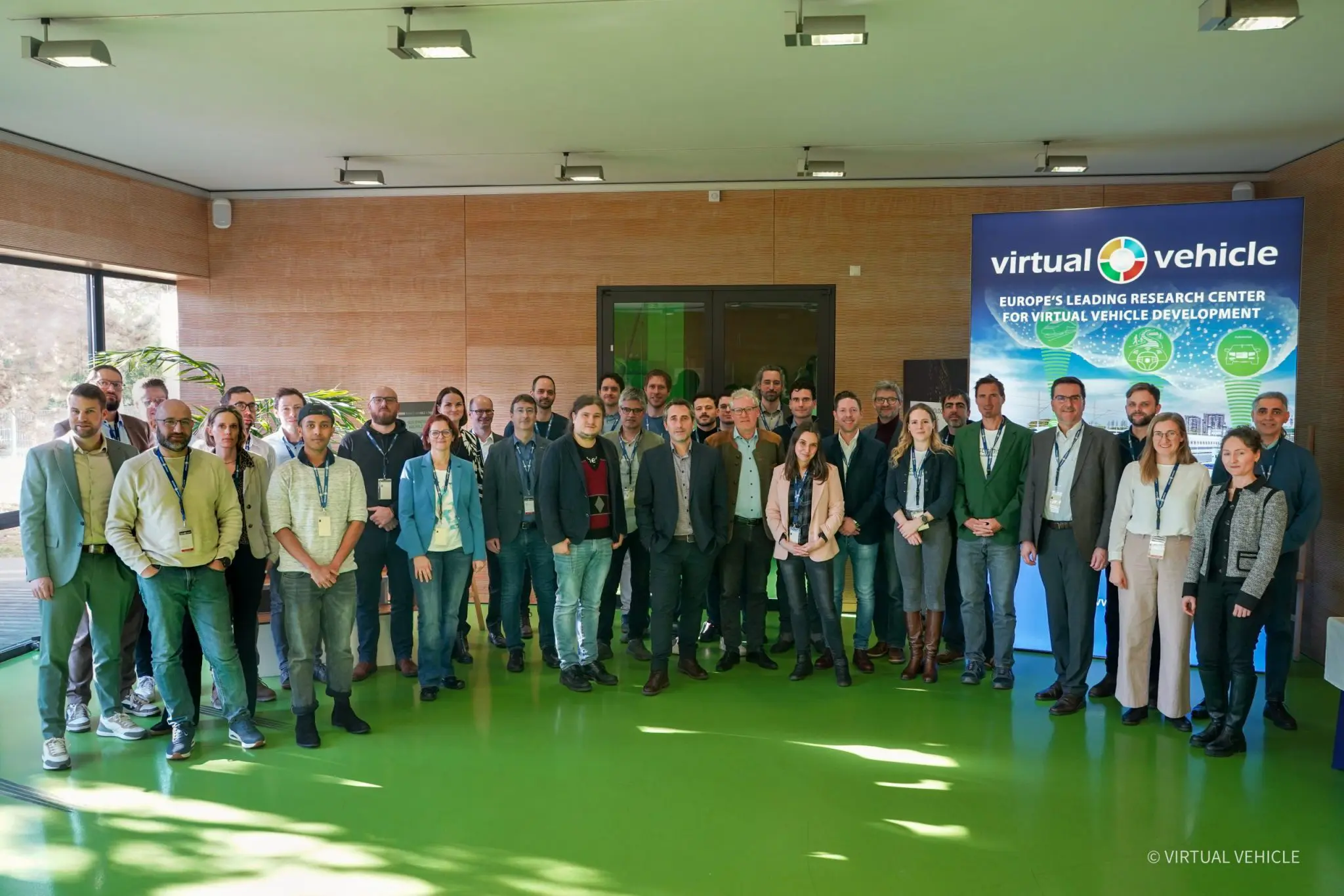The EU project Pace-DPP makes it easier for companies to convert and implement the ESPR regulations for more sustainable products. The project is coordinated by Virtual Vehicle Research GmbH.
 The environmental compatibility and sustainability of products should be improved throughout their entire life cycle, as set out by the European Union in the “Ecodesign for Sustainable Products Regulation” (ESPR). In future, authorities and companies will have to implement and monitor these requirements and record the specifications accordingly in a so-called “Digital Product Passport” (DPP).
The environmental compatibility and sustainability of products should be improved throughout their entire life cycle, as set out by the European Union in the “Ecodesign for Sustainable Products Regulation” (ESPR). In future, authorities and companies will have to implement and monitor these requirements and record the specifications accordingly in a so-called “Digital Product Passport” (DPP).
The PACE-DPP (Promoting and Accelerating a Digital Product Passport based Data-Service Ecosystem) project is researching implementation options and solutions for companies introducing the Digital Product Passport. The project determines the requirements of the various parties step by step and works on case studies from industry. The case studies are based on technical and regulatory concepts and take into account findings from the implementation of a DPP-based data/service ecosystem.
Securing chips and tracking wood
Evidence-based recommendations are provided in a simplified form to authorities for adapting regulations and advising on standardization initiatives. This will drive the technical design and implementation of data-driven ecosystems to promote the circular economy.
Use case 1: Electronic device value chains
- It starts with the tamper-proof storage of product information on a security chip in an embedded system (so-called “DPP security node”).
- The chips are then integrated into electronic devices.
- Throughout the product life cycle, the data is used to ensure environmentally friendly (sustainable) management and configuration of the devices.
Use case 2: Wood/paper value chains
- First, trees in forests are recorded geographically.
- Traces the wood supply chains, including transportation and logistics, to the production sites (paper mills).
- This is followed by the distribution of paper products and their recycling.
As PACE-DPP follows a systematic approach, it is essentially driven by market requirements – implementation takes place on two levels: On the one hand, the case studies provide data as a basis for planning a circular economy equipped with DPPs and for experimentation. The combination of requirements with systemic project management enables consistent research and development of the most important technology modules. This is then required for the subsequent implementation of the DPP on the market by incorporating the developments of existing data spaces and ecosystem initiatives.
On the other hand, the aim of the consortium is to make new developments quickly available for additional external evaluation and to gather valuable and consultative feedback from stakeholders to encourage industry engagement.
The project is coordinated by Virtual Vehicle Research GmbH.
Projekt-Kickoff with the consortium


